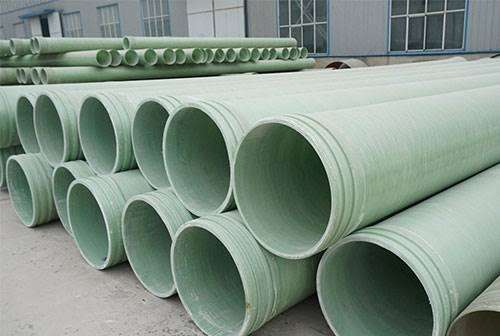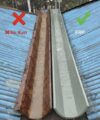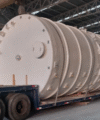
What Are FRP Pipes? Benefits, Uses & Why You Should Choose Them
If you’re looking for a durable, lightweight, and corrosion-resistant piping solution for your project, FRP pipes (Fiber-Reinforced Plastic pipes) are one of the best choices available today.
In this blog, we’ll explain what FRP pipes are, why they are better than traditional materials like steel or concrete, and how they can benefit your business.
What Are FRP Pipes?
FRP (Fiber-Reinforced Plastic) pipes are made by combining a plastic resin with strong glass fibers. This makes the pipe extremely tough, long-lasting, and resistant to harsh chemicals and weather conditions.
Top Benefits of FRP Pipes
Here are the main reasons why industries around the world prefer FRP pipes:
1. Corrosion Resistant
FRP pipes don’t rust, rot, or corrode — even when exposed to chemicals, saltwater, or extreme environments. This makes them ideal for water treatment plants, chemical industries, and coastal areas.
2. Lightweight and Easy to Install
FRP pipes are much lighter than steel or concrete, making them easier to transport and install. This reduces labor and equipment costs during installation.
3. High Strength-to-Weight Ratio
Despite being lightweight, FRP pipes are incredibly strong. They can handle high pressure and loads without cracking or breaking.
4. Long Service Life
FRP pipes can last over 50 years with minimal maintenance. This long life reduces repair costs and offers great value for money.
5. Smooth Inner Surface
The smooth interior of FRP pipes reduces friction, which improves flow and saves energy in pumping systems.
6. Safe and Non-Toxic
FRP pipes are safe for carrying drinking water and other sensitive liquids. They don’t leak harmful substances, making them eco-friendly and safe for health.
7. Low Maintenance
Once installed, FRP pipes require very little maintenance — saving time, money, and effort over the years.
8. Flexible and Customizable
FRP pipes can be custom-made to fit different sizes, shapes, and pressure levels for various uses — from industrial systems to municipal water supply.
Where Are FRP Pipes Used?
FRP pipes are used in a wide range of industries, including:
Water and Wastewater Systems
Chemical Processing Plants
Oil and Gas Pipelines
Cooling Water Systems
Irrigation and Drainage
Industrial Effluent Transport
Structural Applications (like cable ducts and covers)
Why Choose FRP Pipes for Your Next Project?
If you want a pipe system that’s reliable, low-maintenance, and built to last, FRP pipes are the smart choice. Their combination of strength, safety, and cost-efficiency makes them a top performer in almost every industry.
Conclusion
Whether you’re working on a small infrastructure project or a large-scale industrial setup, FRP pipes offer unmatched advantages. They save time, reduce costs, and ensure peace of mind for years to come






